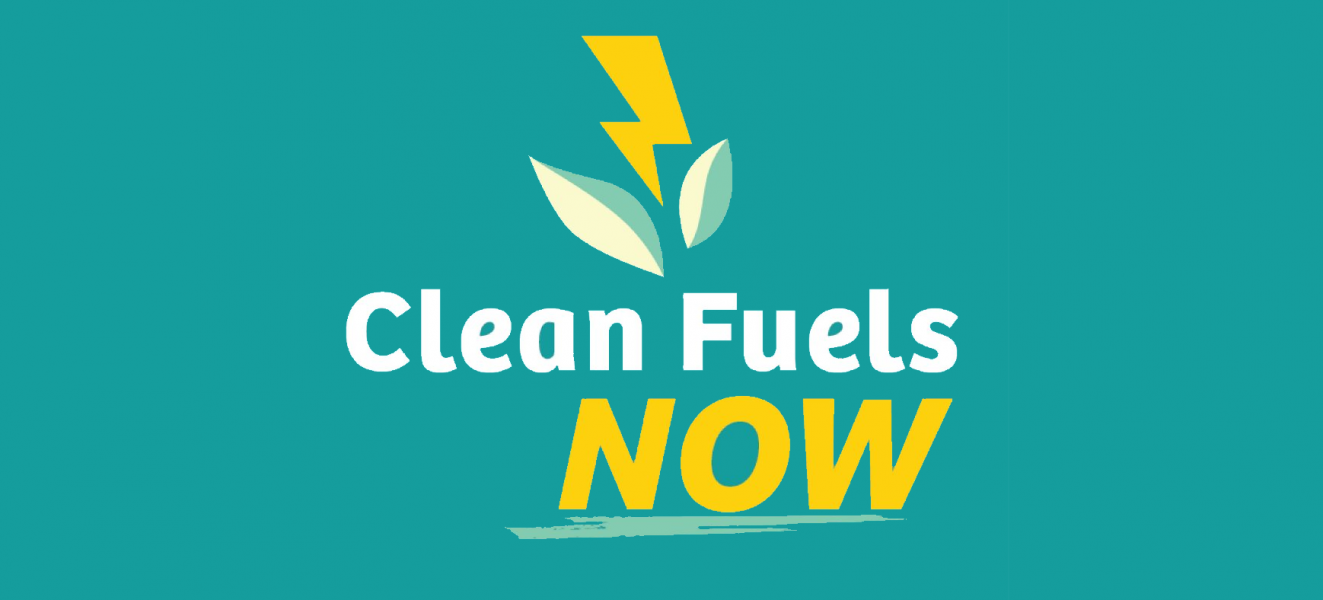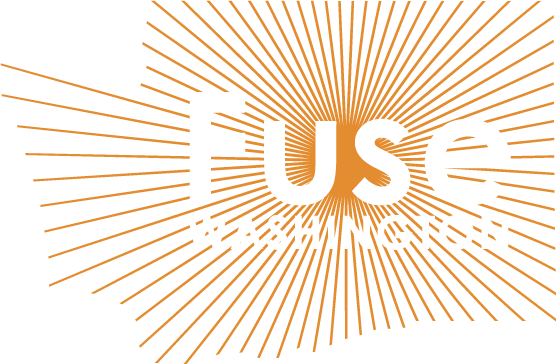April 7, 2021
In September 2020, a blanket of wildfire smoke across the state made it painfully clear how important clean air is to our daily lives. While the smoke cleared for some, many Washingtonians continue to live in direct exposure to unhealthy levels of air pollution produced primarily by the transportation sector. House Bill 1091 will require fuel producers to reduce the carbon intensity of their gas and diesel by 20 percent by 2035. It is long overdue that we take this critical step towards protecting our health and environment.
Transportation is the largest source of air pollution in Washington State, responsible for nearly half of our state’s overall greenhouse gas emissions. Transportation emissions release toxic particles including particulate matter, volatile organic compounds, and other harmful air pollutants that are linked to asthma, cardiovascular disease, premature death, and cancers. Each year, 1,100 people die in Washington due to outdoor air pollution, and small particulates (PM 2.5) are responsible for $190 million in direct and indirect healthcare costs according to a study produced by the Puget Sound Clean Air Agency. Reducing air pollution from transportation is essential to promote human health.
The effects of transportation emissions are not felt equitably. Late last year on the urging of SW Washington’s LULAC 47013 Council President Ed Hamilton Rosales, the Clark County Board of Health declared systemic racism a public health crisis. The Clean Fuel Standard would directly address racial inequities in Clark County, where redlining has created a concentration of air pollution among low-income communities and communities of color.
As I-5 cuts through the 49th Legislative District, it exposes our communities to unhealthy levels of air pollution and those who face disproportionate health risks due to the effects of systemic racism are most at risk. In Clark County, Native Hawaiian/Pacific Islander men already have a life expectancy of 15 years less than white men and uninsurance rates for all people of color are 3-5 times higher than white Clark County residents. People of color affected by Vancouver’s transportation emissions are experiencing greater overall harm to their health and wellness due to these underlying factors.
Residents of Vancouver are not without their own vulnerabilities. Data collected from the Washington Health Disparities Map display below the relative exposure to PM2.5 particles in the Vancouver area as compared to surrounding communities.
PM 2.5 particles, released mostly from tailpipe emissions, travel deep into the lungs and cause a wide range of respiratory and myocardial illnesses. They are the driving cause of premature death associated with outdoor air pollution.
The map below displays the relative percentage of total population living in areas highly exposed to pollution from traffic corridors.
A Clean Fuel Standard (HB 1091) can reduce air pollution and transportation emissions, saving lives and health care costs in the process. A study commissioned by the Puget Sound Clean Air Agency found that a Clean Fuel Standard for King, Pierce, Kitsap, and Snohomish County would save $45 million in health costs from reduced premature death; the study acknowledged the true health costs savings are likely much higher. A strong policy will include robust targets for reducing the carbon intensity of fuels, and prioritize reducing pollution in communities most impacted.
Please vote in favor of a Clean Fuel Standard- we cannot wait another year.
Signed,
Loo Wit, SW Washington Sierra Club
OneAmerica
Washington Physicians for Social Responsibility
Indivisible Greater Vancouver
Fuse Washington

